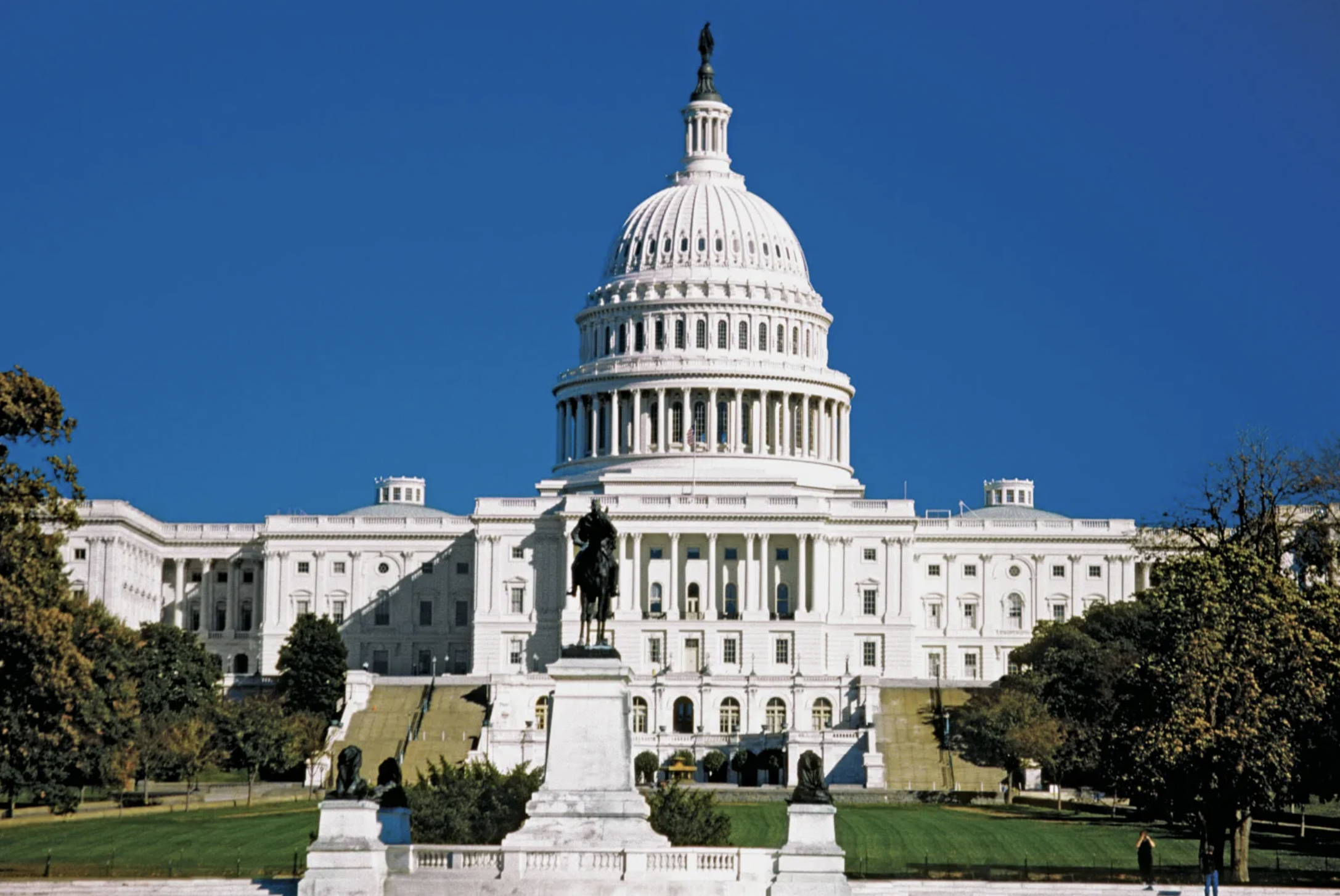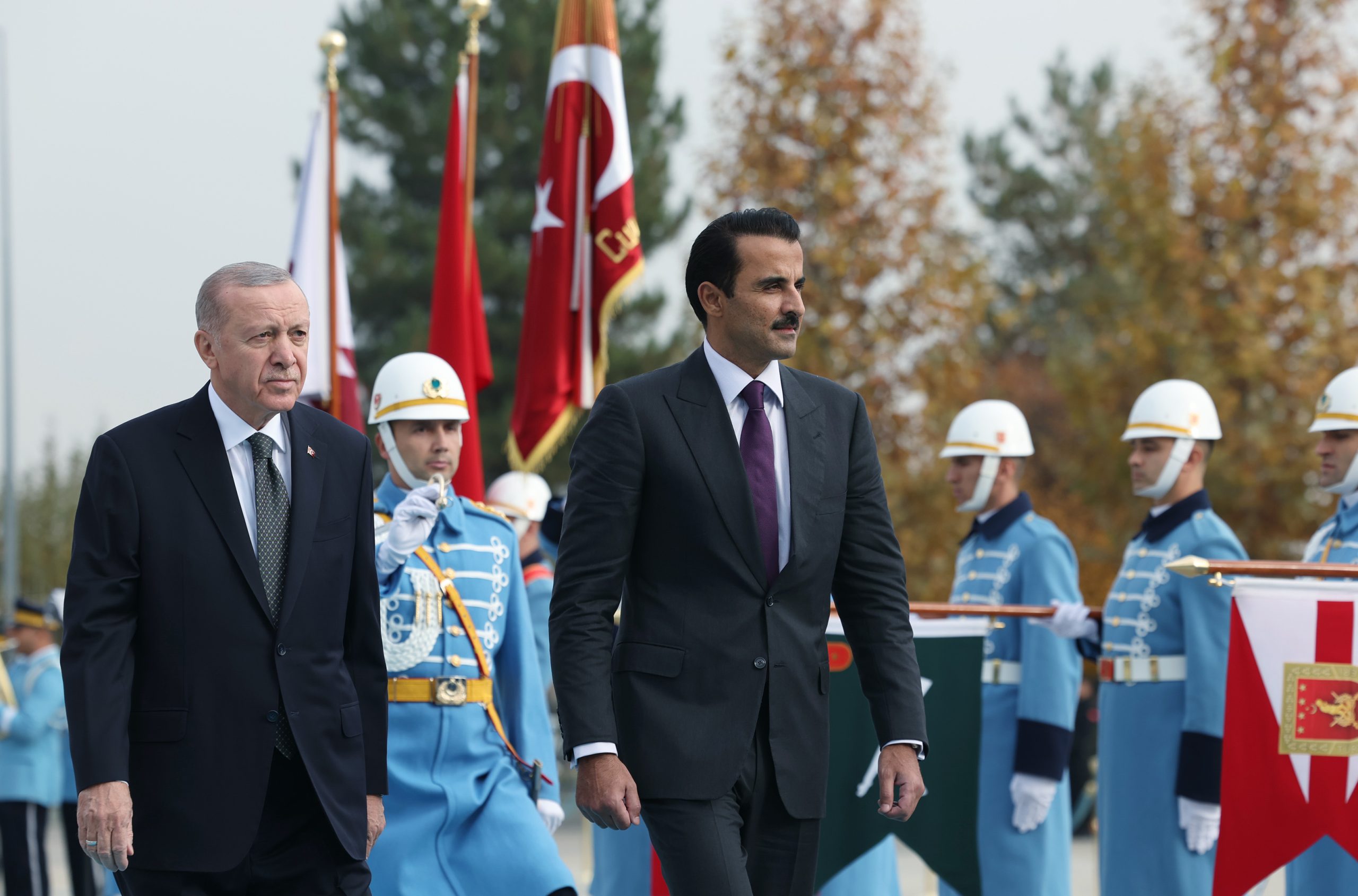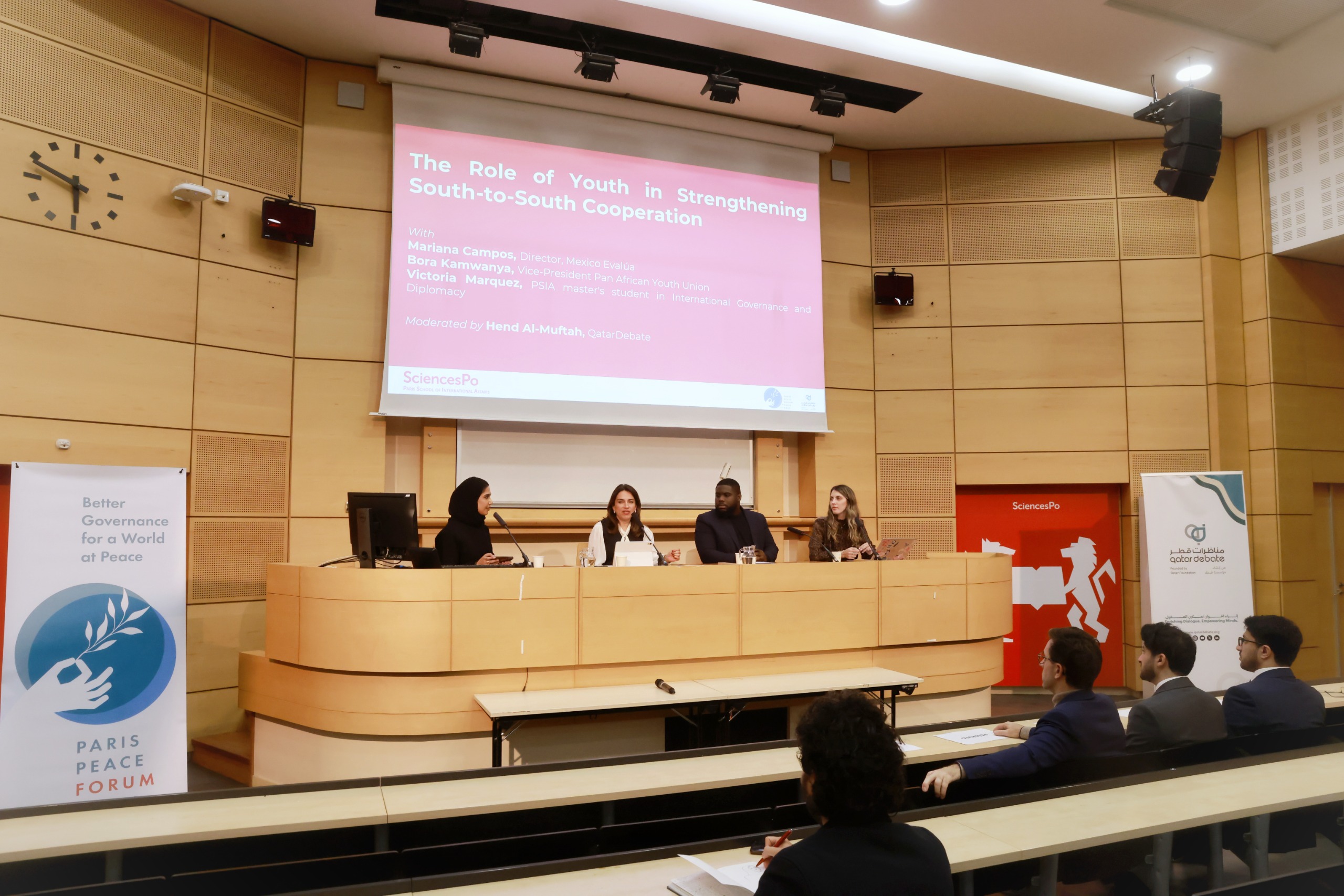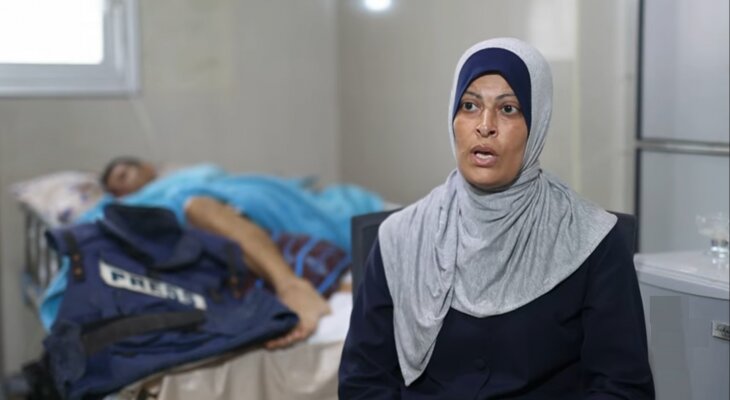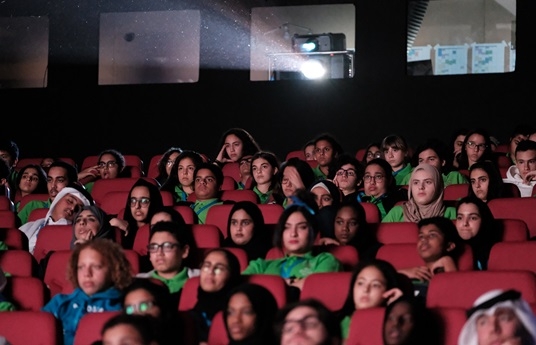Despite its major diplomatic efforts for a ceasefire in Gaza, Doha has been subjected to negative criticism by Israeli officials and some U.S. diplomats.
The United States Congress has raised questions about the U.S. military cooperation with Qatar, urging a review of the strategic Al-Udeid Air Base due to Doha’s alleged “relationship” with Hamas, despite Doha’s heavy diplomatic efforts in the Gaza ceasefire talks and incessant criticism from Israeli and U.S. officials.
Doha has hosted the Hamas political bureau since 2012 in response to Washington’s request to maintain a channel of communication. This has proven vital in previous and current mediation efforts in Gaza.
In the Senate’s draft fiscal 2025 National Defense Authorization Act (NDAA), an amendment supported by Republican Senator Rick Scott calls for the Pentagon to produce a report assessing the “operational value” of the Al-Udeid Air Base.
“Not later than 120 days after the date of the enactment of this Act, the Secretary of Defense shall submit a report and provide a briefing to the congressional defense committees on the operational value of the Al-Udeid Air Base in Qatar, taking into consideration the relationship of the Government of Qatar with Hamas and other terrorist organisations,” the draft report read.
The amendment seeks to understand the implications for U.S. Air Force operations in the Middle East should American forces be redeployed from Al-Udeid, alongside the resources required for such a move.
Al-Udeid, the largest U.S. air base in the region and the headquarters for U.S. Central Command (Centcom), hosts approximately 10,000 U.S. troops in Qatar.
The amendment comes amid the ongoing frustration among many pro-Israel lawmakers regarding Qatar’s accommodation of Hamas political officials in Doha.
The Gulf diplomatic broker has been at the forefront of mediation efforts since the beginning of Israel’s war in Gaza on October 7, 2023.
As a heavyweight diplomatic power, Qatar last year, alongside Egypt, mediated a truce that lasted between November 24 and December 1. The truce led to the release of at least 109 captives from Hamas in Gaza.
Despite Qatar’s past and ongoing crucial mediation efforts, it has been on the receiving end of criticism by Israeli officials, including Israeli Prime Minister Benjamin Netanyahu, and American diplomats.
Meanwhile in April, senior Democratic lawmaker Steny Hoyer also called for a reassessment of Washington’s relationship with Doha, criticising Qatar’s alleged ‘inability’ to pressure Hamas into a captive agreement with Israel.
These remarks were staunchly denounced by Qatar’s embassy in Washington, which stated, “blaming and threatening the mediator is not constructive, especially when the target is a friend and Major Non-NATO Ally.”
On Monday, U.S. officials acknowledged persistent gaps in negotiations after Netanyahu stated that Israel reserved the right to resume with its relentless war in Gaza once captives were taken back.
The Senate’s draft NDAA also aims to formalise U.S. assistance to Israel in locating and attempting to eliminate senior Hamas leaders, with the Pentagon required to brief Congress every 90 days on the status of this support, the report said.
Negative portrayal attempts
In January, Israel’s Netanyahu described Qatar’s mediating position as “problematic” in leaked audio recordings. Netanyahu then said he stood by his inflammatory remarks.
Then, on April 4, Israel’s economy minister Nir Brakat accused Qatar of being “untrustworthy” and “a threat to peace” in the world in an interview with Bloomberg.
On May 5, diplomatic sources told Al Jazeera Arabic that Qatar remained committed to its “honest mediator role” between Israel and Hamas and stressed that it will not accept being used as a tool to put pressure on any party.
“The sources said that Qatar would not allow interference from any party that would affect the integrity of its role,” Aljazeera reported.
On April 17, Qatar’s Prime Minister Sheikh Mohammed bin Abdulrahman Al Thani called out the “exploitation and abuse” of his country’s diplomatic efforts and said Doha is “re-evaluating” its mediation role.
“Unfortunately, we have seen that there is a misuse of this mediation for narrow political interests, and this necessitated the State of Qatar to carry out a comprehensive evaluation of this role[…] and evaluate how all parties engage in this mediation,” Sheikh Mohammed, who is also Qatar’s foreign minister, said at the time.

